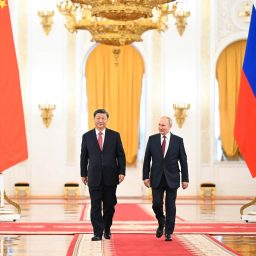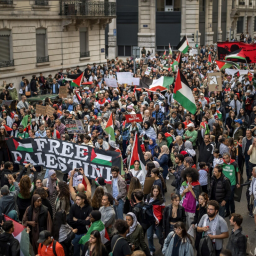Secretary of State Antony Blinken’s Middle East Diplomacy: A Bid for Hostage Release and Ceasefire

Photo: AFP
As the violence intensifies in the Gaza Strip, U.S. Secretary of State Antony Blinken is set to embark on a critical diplomatic mission aimed at de-escalating the situation. The State Department announced on Friday that during his fifth visit to the Middle East, Blinken will advocate for the release of hostages and seek a pause in Israel’s military operations in the Gaza Strip. His itinerary includes stops in key regional mediator countries, Qatar and Egypt, as well as visits to Israel, the West Bank, and Saudi Arabia. Blinken’s trip comes at a moment of heightened tension in the region, with the Israeli offensive in Gaza raising international concerns. The hostilities have resulted in significant casualties and a worsening humanitarian crisis, prompting urgent calls for a ceasefire from the international community. The U.S., a longstanding ally of Israel, is poised to play a pivotal role in brokering peace and ensuring the safety of those caught in the crossfire. In Qatar and Egypt, Blinken will engage with leaders who have traditionally acted as go-betweens in Israeli-Palestinian affairs. Qatar has been instrumental in facilitating conversations with Hamas, the de facto ruling party in Gaza, while Egypt has a history of mediating ceasefires between the two sides. Blinken’s discussions are expected to focus on negotiating terms that would lead to a cessation of hostilities and the release of hostages held by militant groups in Gaza. The situation in Gaza has drawn widespread international attention, with human rights organizations expressing concern over the humanitarian impact of Israel’s military campaign. Blinken’s tour will also aim to address the growing humanitarian needs in Gaza and the West Bank, seeking to ensure that aid can reach those in dire need.

















